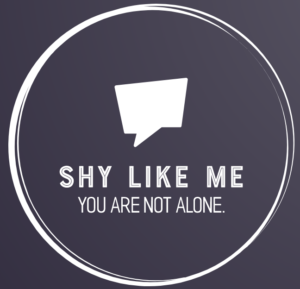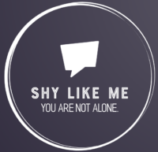Practical Advice for shy people
Being shy can be tough. It can be hard to make friends, speak up in a workplace/ class, or participate in activities. But if you’re a shy , know that you’re not alone, and there are resources out there that can help you feel more confident and comfortable.
Here are some resources for shy people:
- Books
There are many books out there that can help shy kids feel more comfortable and confident. Here are a few recommendations:
- “Quiet Power: The Secret Strengths of Introverts” by Susan Cain
- “The Shyness and Social Anxiety Workbook for Teens: CBT and ACT Skills to Help You Build Social Confidence” by Jennifer Shannon
- “How to Be Yourself: Quiet Your Inner Critic and Rise Above Social Anxiety” by Ellen Hendriksen
- Websites and Apps
There are also many websites and apps that can help shy people connect with others, practice social skills, and build confidence. Here are a few examples:
- Kidzworld: A social network for kids that allows them to connect with others who share their interests.
- Kids Helpline: A website and app that provides confidential support and advice for kids who are feeling shy, anxious, or stressed.
- Smiling Mind: An app that teaches mindfulness and meditation skills to help reduce anxiety and build resilience.
- Clubs and Activities
Getting involved in clubs and activities can be a great way for shy kids to meet new people, build confidence, and develop new skills. Here are a few ideas:
- Drama Club: Joining a drama club can help shy kids build confidence in public speaking and performance.
- Sports Teams: Joining a sports team can help shy kids build confidence and make friends through teamwork and competition.
- Therapy and Counseling
Sometimes, shyness can be a sign of underlying anxiety or other mental health issues. If shyness is interfering with a child’s daily life, therapy or counseling may be helpful. Here are a few options:
- Cognitive Behavioral Therapy (CBT): A type of therapy that helps individuals identify and change negative thought patterns and behaviors.
- Play Therapy: A type of therapy that uses play to help express their emotions and build social skills.
- Family Therapy: A type of therapy that can help improve communication and relationships.
Remember, being shy is not a character flaw or something to be ashamed of. Everyone has their own unique strengths and challenges, and shyness is just one part of who you are. With the right resources and support, shy people can build confidence, make friends, and thrive!


